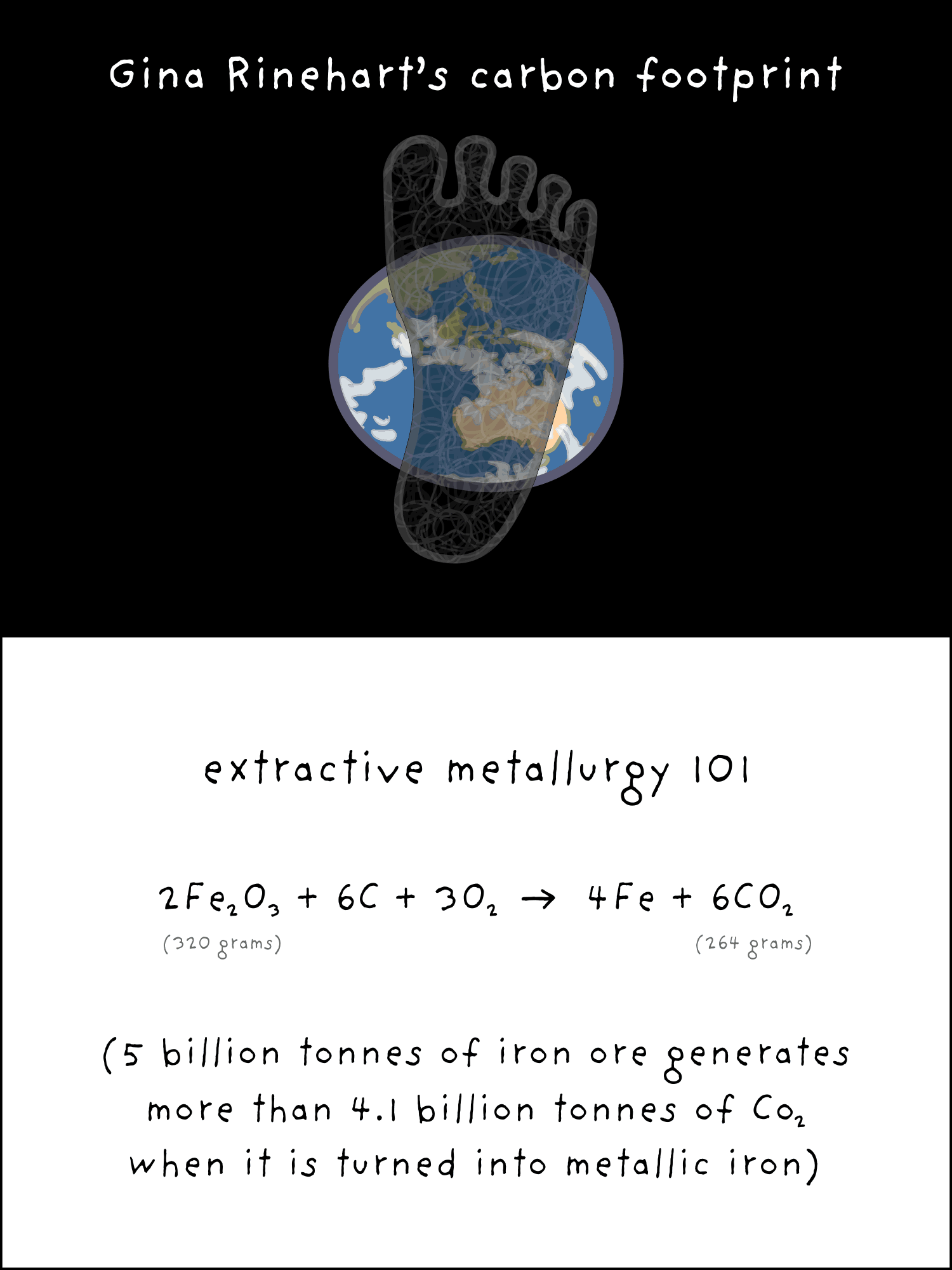One of the things I’d like to do more of is product reviews with an eco focus.
I‘d also like to make this more of a video blog. Why? Because I don’t always have much time to write good articles and it is a relatively ‘quick’ way of generating content.
I say ‘quick’ because even a five minute video like this one takes about two or more hours to upload.
With all the depressing news lately, I believe it is very important to give credit to people who are trying to protect our environment. Not enough people do.
So without further ado, here is eco review #2!
If you are a manufacturer, markerter, retailer or distributor and you’d like me to do an eco focused review, I’m happy to do that. You may not get five stars, but you will get some free exposure!
Also, if you have suggestions for other eco product reviews, just drop me a line.
I often read reviews about eco products and reviewers often blindly miss the point. Particularly when reviewing electronic devices.
Such is the case with my next review: the Marley XLBT headphones.

